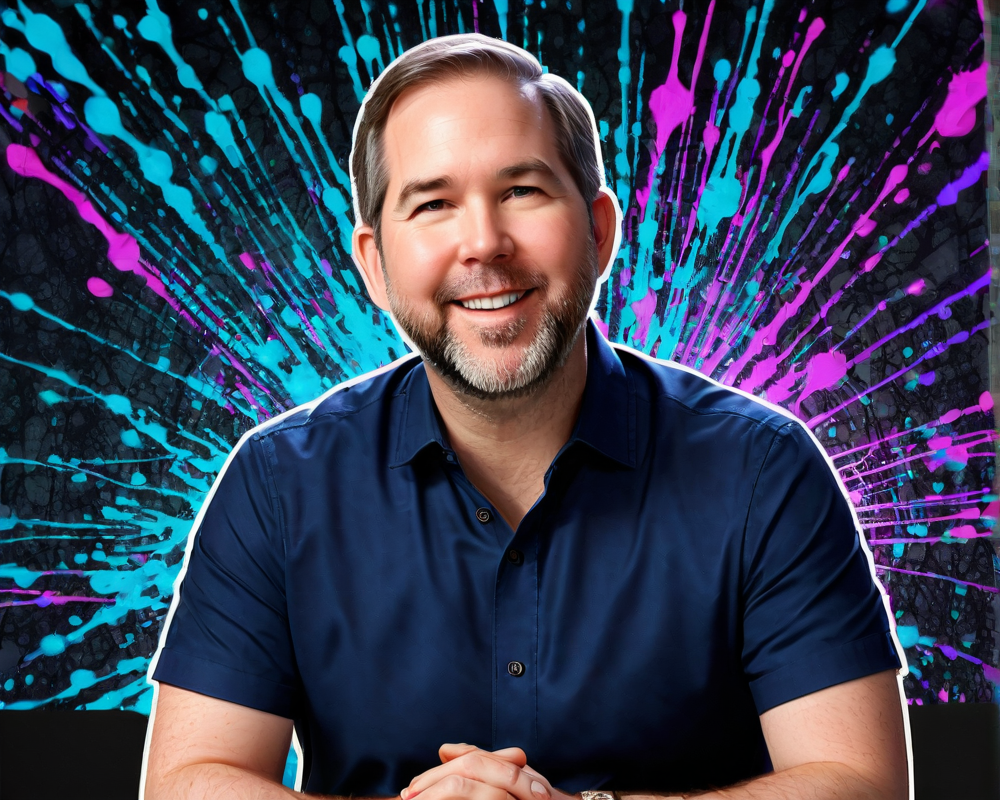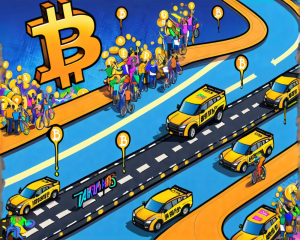Transparency versus Controversy
Ripple CEO Brad Garlinghouse recently stirred the pot on the Off the Chain podcast, asserting that the company’s transparency is both a blessing and a curse. “Our transparency has opened us up to attack,” he lamented, suggesting that their open book policy invites more scrutiny than the typical crypto organization.
Is Ripple Really That Transparent?
Garlinghouse likens Ripple’s level of transparency to being “10 or 100 times more transparent than anyone else in crypto,” a bold claim in a sector notorious for its murky waters. As misinformation swirls, he stressed a commitment to leading by example and staying accountable to the community.
XRP Sales Strategy: The Escrow Approach
When pressed about the controversial handling of XRP token sales, Garlinghouse assured listeners that Ripple’s interests align with those of its ecosystem, stating, “We own a lot of XRP.” To manage its substantial XRP holdings better, Ripple has created 55 escrows, each containing a billion XRP. The idea? Token allocations are released monthly, and a whopping 80% find their way back into new escrows. Talk about recycling!
Market Implications of Ripple’s Strategy
The math might get a bit dizzying, but here’s the kicker — Ripple claims to sell XRP at only 10 basis points of daily market volume, meaning that a staggering 99.9% of XRP transactions have nothing to do with the company directly. With the market less liquid lately, their OTC sales are slipping, suggesting that Ripple has been more of a bystander than a driving force recently.
Ripple Versus Bitcoin: A Unique Position
Garlinghouse took an intriguing stance when he stated, “We’re the only example of crypto and blockchain being used at scale, period,” implying that while Bitcoin may be riding high, Ripple is the front-runner for enterprise solutions in the blockchain sphere. Recalling the origins of the XRP ledger, he noted it was birthed before Ripple even existed, adding, “Heck, even some former Bitcoin engineers were in the mix!” Too many rabbits in the hat?
Ripple and Security Classifications: The Oil Analogy
Ironically, this discussion led back to the age-old debate on whether XRP should be labeled a security. Garlinghouse cleverly utilized an analogy involving Chevron and oil to underline his point: “Exxon owns a lot of oil. That doesn’t make oil a security.” Talk about throwing some shade while clearing the air!
Conclusion
In a world where transparency and misinformation coexist, Garlinghouse’s insights reveal Ripple’s desire to redefine how blockchain and cryptocurrency interact with traditional finance. Whether or not they can continue to navigate controversies and remain transparent remains to be seen, but one thing is for sure: the drama isn’t going anywhere!















+ There are no comments
Add yours